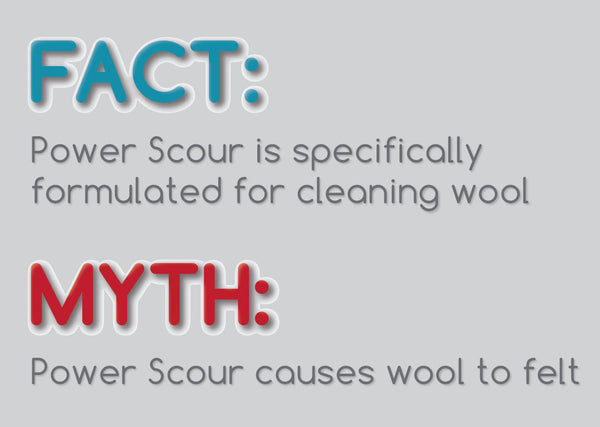Cloth diaper laundry routine that works -with hard water and front loader-

Deciding on how to wash your cloth diapers can be daunting when you start reading about all the possibilities. Everyone has his or her philosophy. Honestly it really depends on the type of diapers you use, your water source, and your washing machine. If you can find the right combination of detergent type and amount for your situation you will rarely if ever need to strip your diapers.
I recently tried to modify my wash routine and shortly after we wound up with that distinct smell of barn and ammonia when the diapers got wet. Yuck! Even though I made the switch to another reputable cloth diaper detergent, we still ended up with stink issues because it just wasn't compatible with our water type; what works for many others may not necessarily be a good combination with your water and washing machine either.
I probably could have gotten the new detergent to work had I played around with the amount of detergent but the reason I switched was to cut detergent costs. Adding more detergent to the wash would have defeated that purpose.
For reference, we use city water here in Los Angeles and a high efficiency LG front load washing machine. Our diapers are fitteds made from natural fibers that include cotton, organic bamboo fleece, and hemp bamboo fleece. If you also have hard water and a high efficiency washer this washing routine is worth trying.
REGULAR WASHING ROUTINE
- I wash every other day: 12-15 diapers
- I run a WARM or HOT regular cycle as a PREWASH with no detergent
- Followed by regular wash: HEAVY DUTY, HOT WATER, WATER PLUS
- Detergent in regular wash: 2 Tablespoons of Rockin Green-Hard Rock detergent
- Seventh generation fabric softener to respective cup (see notes)
MAINTENANCE
Every 4-5 weeks I wash on the SANITIZE (extra hot) cycle instead of HOT
- Settings are "SANITIZE, WATER PLUS, 2 EXTRA RINSES"
- Detergent is the same as above
- Add in 1/2 Cup Calgon powdered water softener or 1/2 packet RLR to the detergent (prevents and removes mineral build-up from hard water, etc.)
Using the routine above, I went 7 months without having to strip the diapers (I might have gone longer but I made the mistake of switching detergents and had to strip to get rid of our barn smell). I truly believe you shouldn't have to strip your diapers very often if ever as long as you're optimizing detergent amount, water temperature, and number of rinse cycles. If you already have a smell issue, look for the upcoming post on stripping cloth diapers for help.
Notes and things to keep in mind:
- Keep your load size manageable; I wash every other day and my loads contain no more than 15 diapers at a time. If your load is too large you may not get proper cleaning and rinsing with this routine (front loader).
- Wash often to minimize urine drying into the fibers and leaving behind mineral build-up; this also prevents the propagation of bacteria and mold.
- If you want to get the most life out of your diapers do not use bleach or oxiclean products, ever. If you end up with a yeast issue that really hot water won't get rid of then you may want to look into using bac-out products or other natural alternatives before using bleach.
- Synthetics tend to be more prone to build-up related repelling issues and may need to be stripped more often. I don't recommend using any type of fabric softener if you have synthetic materials like polyester fleece in your diapers.
- PUL covers should not be washed in extremely hot water and may need to be separated from the inserts. If AIOs are being used then you may need to adjust your water temperature accordingly to prolong the life of your diapers
- Not all detergents deemed "good" for cloth diapering work well for your machine and water type. With that being said, be sure to use enough detergent so that the diapers are getting clean and not leaving anything behind.
- If your diapers are literally repelling water be sure that you have sufficiently "prepped" them if they are new. If they have been fully prepped but are still repelling then you may need to try stripping your cloth diapers.





